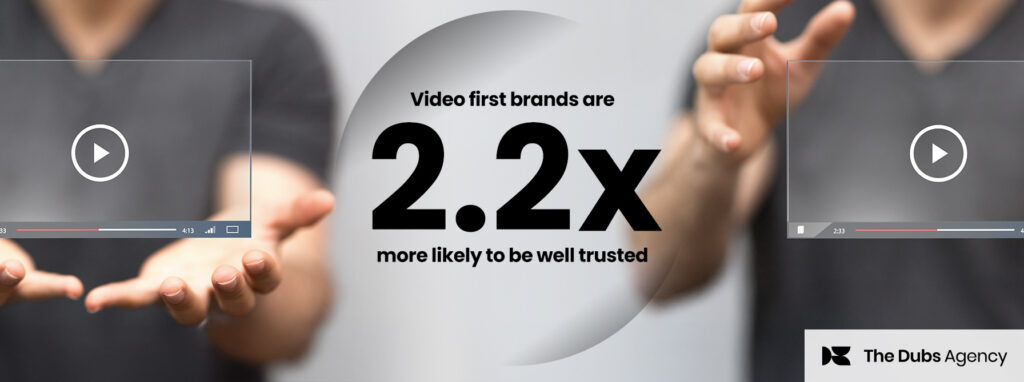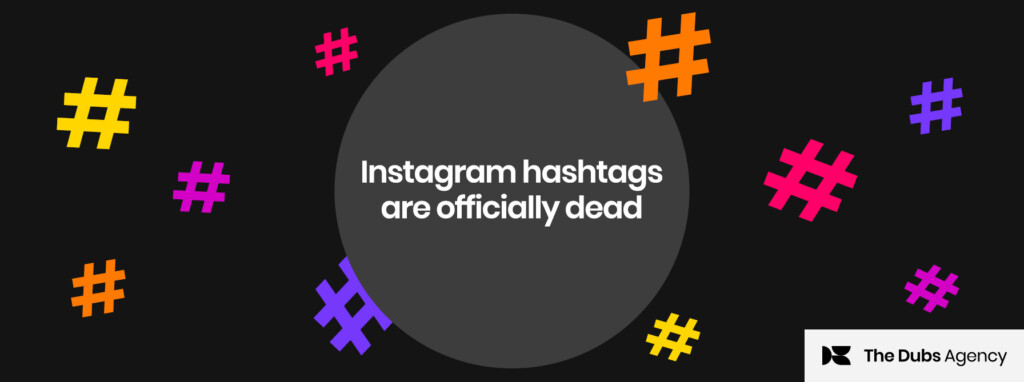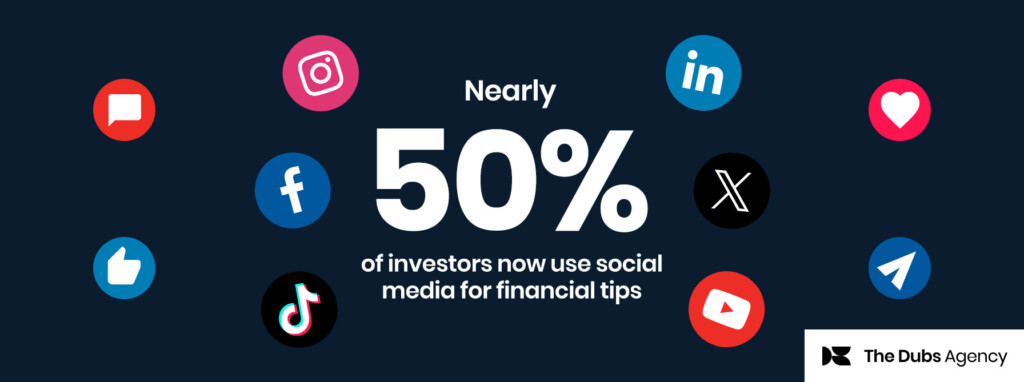Whether he’s doing his keynote speaking or helping clients with their podcasts, Jay Acunzo is an advocate for breaking with conventional thinking. He offers advice on where finance brands are getting it wrong and looks at what it takes to create a finance podcast that isn’t dry.
He’s even written a book about it called Break the Wheel. With a background in marketing and tech at Google, Hubspot and in venture capital, he’s in a position to give some strong advice for financial brands. The question is whether you’re ready for it.
How can a financial brand, whether it’s a big four bank, a fintech or an investment bank, create a podcast that’s not just a commodity?
It all has to do with the goals you outline for your content. In today’s world, where the buyer has all the power, marketers have to shift focus from acquiring attention to holding it. If that’s achieved, the rest gets easier: subscribers/leads, conversions, loyalty, word of mouth. So if holding attention is the goal, you start to borrow techniques from elsewhere that do this well, like entertainment or sports or public radio or other forms of media.
There’s no reason a financial firm couldn’t create the next Planet Money or write the next Freakonomics. The first barrier is to stop telling yourself a story that “it’s boring.” (Since when is MONEY boring? It’s fascinating. And scientific. And artistic. And fundamental to human lives and human stories.) Second, focus on holding attention, not acquiring it, and act accordingly.
If holding attention is the goal, you start to borrow techniques from elsewhere that do this well, like entertainment or sports or public radio or other forms of media.
Do you think podcasting is right for both “friendly” retail banks and more serious investment banks?
Whether or not to make a podcast is not a question of niche but a question of audience. First, do you have an existing audience built that you’d like to make more productive? Do you already have an email list, site traffic, a blog, decent social media presence, and so on? Podcasts don’t benefit from much social sharing or SEO, so they’re bad for reach. However, they’re brilliant for resonance. It’s about total time spent. They turn online fans into people who feel they’re your real-world connections. Marketing gets so much easier when people feel that way about you. Podcasting is intimacy that scales.
Second, and most crucially, what does your audience want to hear? Probably not your leaders droning on without a plan. Investigate your customers and community to find out what they actually struggle with or desire. Then construct an actual show concept that addresses that. Otherwise, you’re making a side project out of vanity that nobody wants but you.
What are the ingredients of a quality podcast and what are the tell-tale signs of one that’s got it all wrong?
The ingredients are:
1) A show-level concept
2) An episode-level structure
3) Talent
If any of these ingredients are clearly missing, especially 1 and 3, then the show is sunk. You’re a commodity program. You’ll get tuned out, literally and figuratively.
If any of these ingredients are clearly missing, especially 1 and 3, then the show is sunk.
What are the traps that brands commonly fall into that result in dry finance podcast content?
Simple: They don’t know what a podcast is for, and therefore don’t act accordingly. I mentioned earlier that the new marketing mandate is about holding attention, not merely acquiring it. If that’s the case, and you respect that fact, you won’t make dry stuff. Instead, you’d open your show with a cold open or “hook” to build intrigue (think of your favourite dramatic show; do they summarise the episode or introduce themselves at length or share boring housekeeping when they begin?).
You’d also create an episode structure, whether that’s breaking up interviews into chapters or doing more serious post production. You’d work on your talent as a host, because that’s 99.99% of this stuff. (You’d listen to an engaging host on meh technology over a meh host on expensive equipment any day.)
My point is simple: Good creative aligns with the business objectives, but the objectives are often out of whack. If you respect the Golden Rule of audio, you’ll make a good show. The Golden Rule: Get them to the end.
What kind of creative process do you use to draw out interesting angles or themes for a client?
Perform an “extraction.” Sit with your client’s favourite show… and extract the underlying outline of that show. What “blocks and beats” make up the structure? For instance, for Unthinkable, I ripped out the underlying framework from Anthony Bourdain’s CNN show. He was a master, and though his show felt free-form, each edit had a plan to get people to finish the episode. We don’t need to do any clever creative exercises. We need to master the craft of making shows.
What’s the best tip you can give about talent?
Reps matter. If you’re not speaking constantly (on stages, microphones, cameras, etc.), you won’t get better. People think it’s a gift people have to be a great host or that it’s something everyone can do, since nobody gets “talker’s block.” I assure you: Hosting and interviewing are hard-won skills. Put in the reps. Your first and early versions should pale in comparison to today. As for a technique to get better, treat each episode as an athlete treats game tape. Listen to your own work, not to stroke your ego, but to spot ways to improve.
Can you point to any examples of finance brands’ podcasts (or in a comparable industry) that are a good benchmark?
No, and that’s the opportunity. The moment we ask, “Who else is doing this that looks like us?” is the moment we settle for looking like a cheap commodity. Copy not. Test and learn before others wake up.
Do you foresee any future trends in podcast creation?
The creativity and value of podcasting resembles modern media. But the technology and mentality of legacy leaders are stuck in 2004. Shows today are bottled up inside aggregators like Apple Podcasts and Stitcher. No modern medium relies on third parties so heavily to be delivered. A video may be housed in one place, but that’s usually (a) freely accessible, no need to download or figure out an app, and (b) just one spot you find the video, along with anywhere it’s shared.
I’m excited for the days of RSS to die. I’m excited to see that change. Progress is inevitable, and that’s wonderful for the one person we haven’t talked nearly enough about today: your listener.
Go and give them something worth their time!









